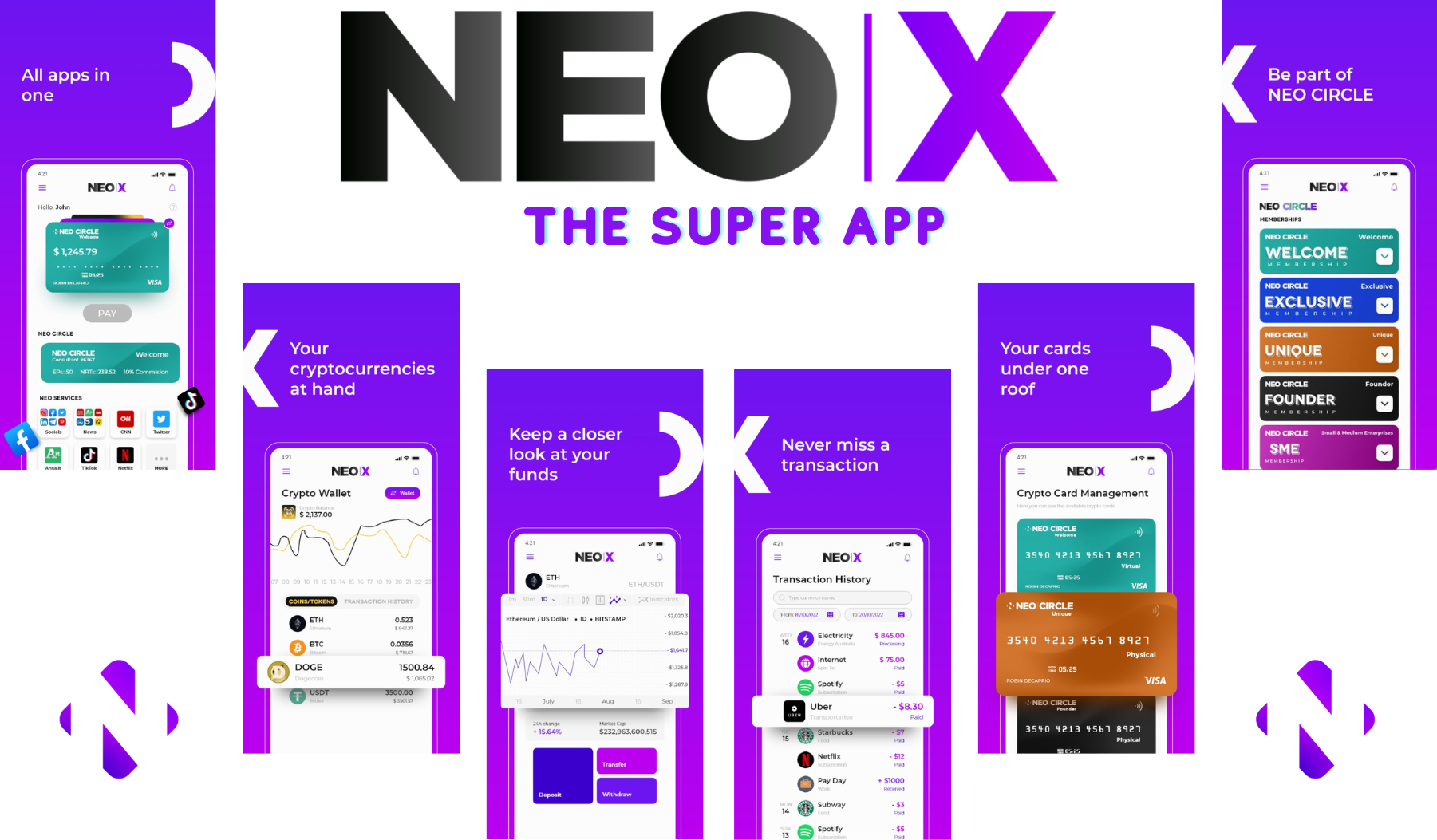[ad_1] UK lenders are not making the use of new technologies to ensure fairer, better lending processes, research has revealed. European open banking platform Tink has called on lenders to prioritise upgrading creditworthiness assessment models to ensure more accurate decisions.According to Tink, traditional lending models are ‘broken’ and no longer fit for purpose especially at …
Traditional Lending Models Not Fit For Purpose, Warns Open Banking Platform

[ad_1]
UK lenders are not making the use of new technologies to ensure fairer, better lending processes, research has revealed. European open banking platform Tink has called on lenders to prioritise upgrading creditworthiness assessment models to ensure more accurate decisions.
According to Tink, traditional lending models are ‘broken’ and no longer fit for purpose especially at a time when the cost-of-living crisis is putting pressure on businesses and consumers alike. It suggests some people who can afford credit are being excluded because of outdated and blinkered credit scoring models.
Tink’s latest research of financial executives has revealed that 50 per cent of UK lenders are still not using technology to generate a credit score based on bank account data. More than a third (35 per cent) are not using it to assess expenses and overall affordability.

Tasha Chouhan, UK & IE banking and lending director at Tink, says: “It’s clear many lenders still rely on traditional credit checks to determine eligibility for loans. There is no place for such models in our current economic climate, and the sooner this is recognised, the better the outcome will be for both lenders and consumers.”
“New forward-looking models are drawing on open banking technology to provide a holistic picture of people’s finances. It’s vital to protect potentially at risk or vulnerable consumers from problem debt or default as the economic climate worsens. At the same time, it’s key to promoting financial inclusion, as people now more than ever need access to safe, affordable, and regulated borrowing options.”
Denied access to borrowing unnecessarily
Tink’s research reveals that UK lenders say that some of the main reasons that people are denied credit include the inability to verify identity or legal status (41 per cent) or the inability to access payment history (35 per cent). Meanwhile, a third of self-employed workers say their employment status has been an obstacle for them getting a mortgage. A further 31 per cent believe it has hampered their ability to obtain credit.
Tink, which connects to more than 3,400 banks that reach over 250 million bank customers across Europe, says UK lenders can adopt new open banking powered affordability assessment models which anticipate future affordability, using up-to-date, holistic data.
Lenders can therefore make better decisions that take into account expenses and incomes such as housing costs, loan payments, insurance, utilities and transportation. Tink’s findings indicate a growing appetite to embrace open banking powered technologies, with 41 per cent planning to adopt digital solutions for data-driven credit scoring.
[ad_2]
Source link
In a constantly evolving world, where cryptocurrencies, decentralized finance and metaverse are creating new scenarios and opportunities, MY NEO GROUP is your guide in the digital transition.
Our Mission is to give you a pool of strategic assets to be the protagonist and earn together with US in the New Economy.
For more info:
Company – https://www.myneogroup.com
Community – https://www.myneocircle.com
Token NRT – https://www.myneocredit.com
Banca – https://www.bancaneo.org
Super web-app: https://myneodash.com
Mickael Mosse, CEO & Founder of My NEO Group, Forbes interview: https://forbesbaltics.com/en/search/mickael-mosse









